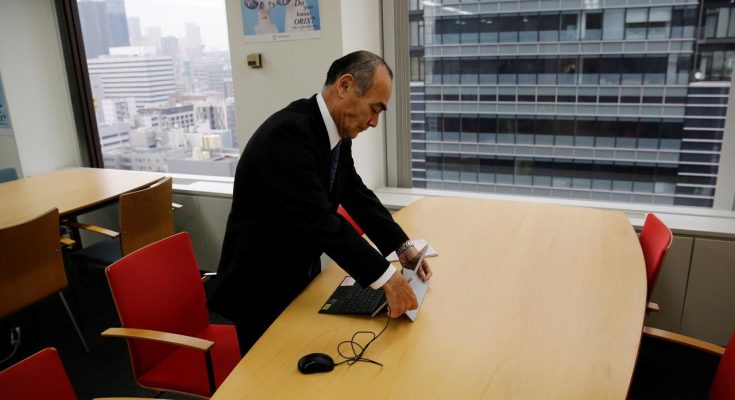TOKYO — Japan revised a law Friday to make more part-time, and other nonregular workers join the employee pension program as well as allow eligible recipients to choose to start receiving benefits from the age of 75.
Currently, part-time workers join the program only when they work 20 hours or more a week at firms with more than 500 employees. Full-time workers are required to join it regardless of their company size.
Under the new law aimed at securing more premiums for higher pension payments, the scope of the part-time workers required to join the program will be expanded in two stages — first to those at firms with more than 100 employees in October 2022, and to those at firms with more than 50 employees, two years later.
The law passed the House of Councillors on Friday after clearing the House of Representatives earlier this month.
Part-time workers working at companies with 50 employees or less are not covered in the reform.
The government stopped short of totally scrapping the company size requirement this time, considering the burdens on relatively smaller companies of shouldering the employees’ premium payment.
The employees’ pension program requires employers to pay half of its workers’ premiums.
The new law also raised the maximum age people can start receiving benefits to 75.
Currently, the government asks people to begin receiving their pensions at 65 in principle, but allow them to do so at 70 in a bid to encourage people to work longer.
If people postpone the starting age for five years from the current limit, the monthly amount will be 84 percent more than when they do so at 65.
The new law also calls for a review of the system, which authorizes a cut in payments to working seniors from the pension program amid criticism it has demotivated them.
Under the current system, people aged 60 to 64 whose monthly wage is more than 280,000 yen ($2,600) are subject to the reduction, but the law raises the minimum to more than 470,000 yen, the same level as those aged 65 or older.



